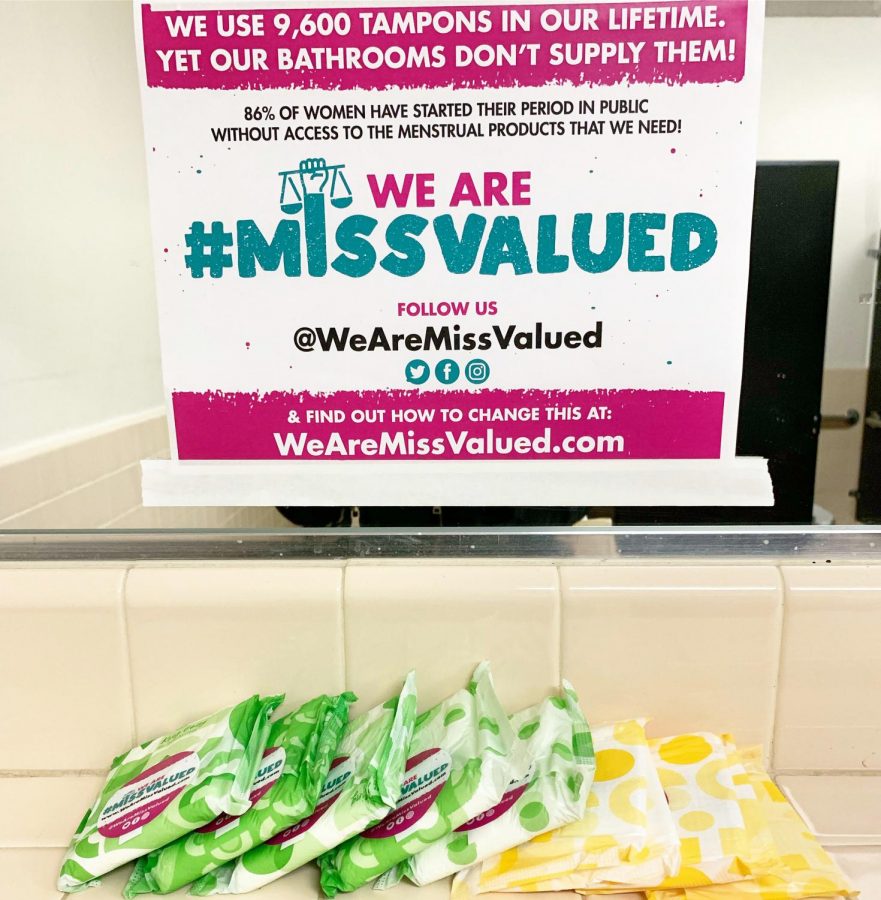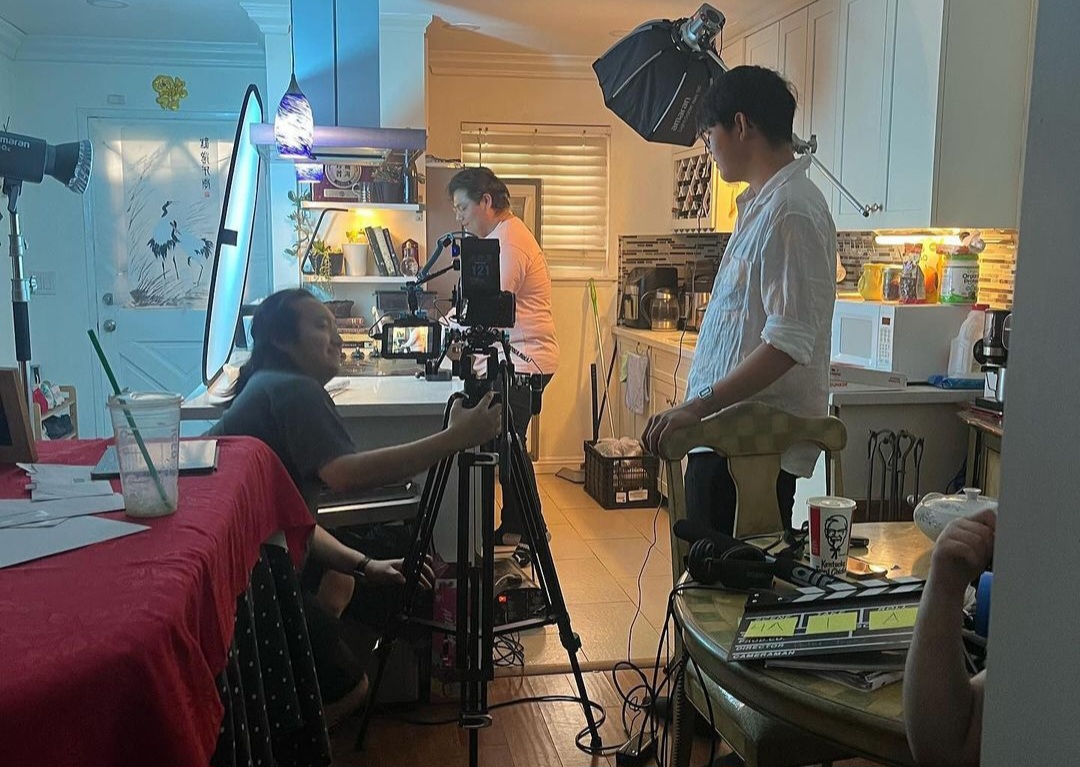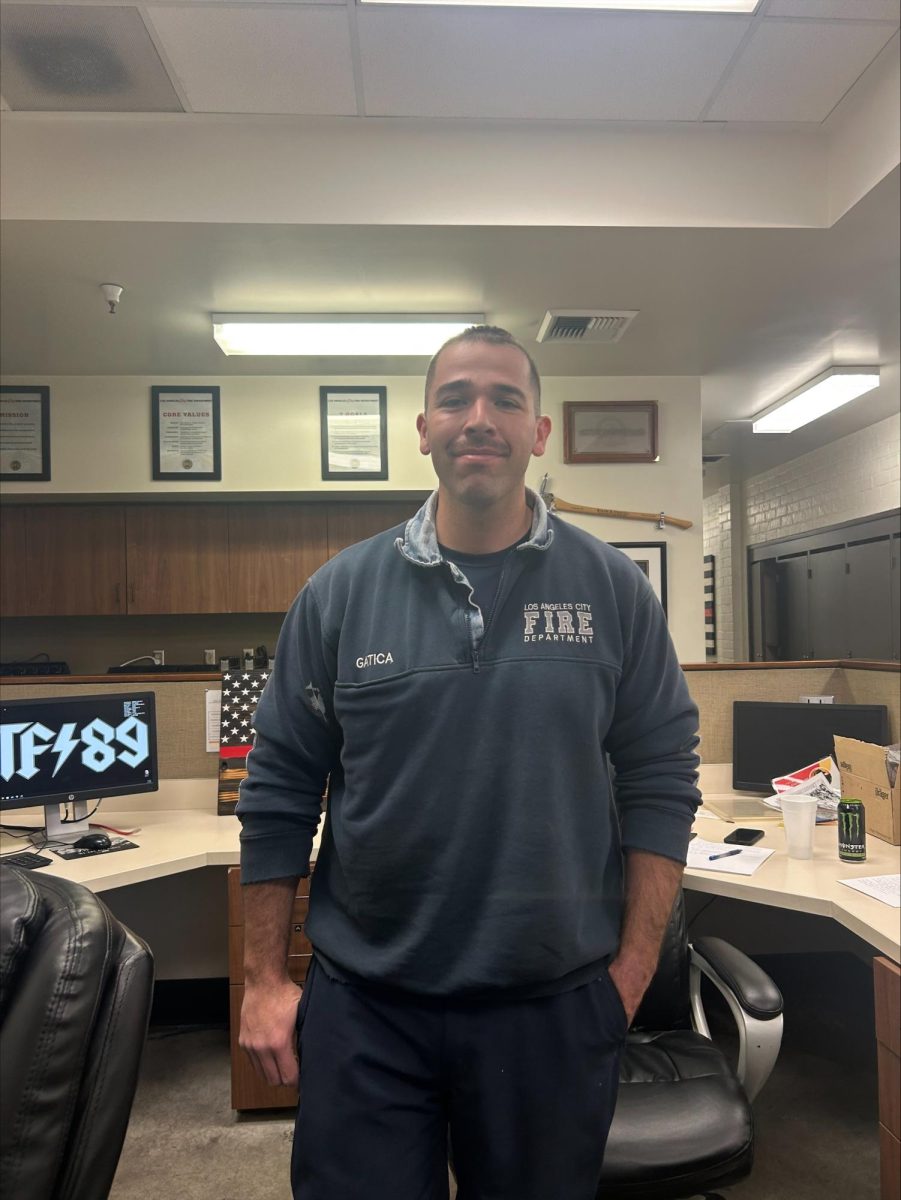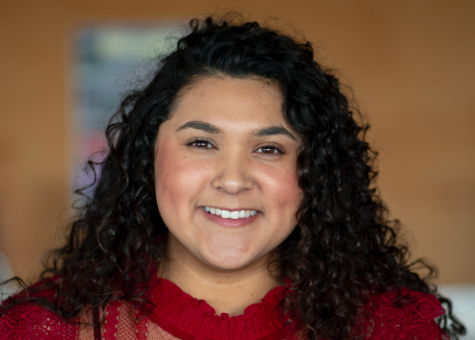Why should women be subjected to paying extra for menstrual products; earning less than men, on average, for certain jobs; and losing income and sometimes, respect, for maternity leaves?
Those are some of the questions at the center of a new local social media campaign, “We Are #MissValued.”
“We believe that by gathering our voices, creating a community, and enacting policy-change, we can free ourselves from the cycle of inherent bias and finally be valued equally,” said Liz Sweeney, the creator of the pro-equality activism campaign.
Posts on its social media accounts highlight facts and statistics affecting women. Although the campaign’s followers are still limited, it has gained some traction and attention. For instance, Senator Dianne Feinstein has written a letter of acknowledgement about the campaign.
“While women have made great strides in combating discrimination over the past few decades, there is still a long way to go. I want you to know I am with you on this fight, and I look forward to it every single day,” she wrote.
The campaign posted stickers on bathrooms on Cal State LA’s campus Spring semester. They read, “We use 9,600 tampons in our lifetime. Yet our bathrooms don’t supply them! 86% of women have started their period in public without access to the menstrual products we need!”
Hannah Wong, a student, posted a comment on the campaign’s Instagram post about the stickers, saying it’s “disappointing, cause I went to the restroom during class and someone needed a pad and the products are never stocked.”
The campaign reported it distributed 200 free pads and tampons in various bathrooms around campus.
“We Are #MissValued” was officially launched during Women’s History Month this year, according to Zachary Vernon, a graphic design professor at Cal State LA who advised Sweeney on the directed study project.
Sweeney was interested in social movements and the use of social media as a medium for change.
“She was led through a few creative exercises to come up with a ‘slogan’ or ’hashtag’ that could be used by the campaign to rally support, from which came the name ‘We Are #MissValued,’” Vernon said.
So why start a campaign that focuses on the devaluation of women?
“The spotlight in the media on the under-representation of women in our country’s seats of power really had a trickle-down effect. I want to bring up the underlying biases that have been holding women back,” said Sweeney.
Women hold almost 52 percent of all management- and professional-level jobs but American women lag substantially behind men in terms of their representation in leadership positions, according to the U.S. Bureau of Labor Statistics.
“Change doesn’t just happen. It requires a catalyst: something that goes against the norm and sparks a reaction. We Are #MissValued is that catalyst,” said Vernon.
Sweeney said people can use the campaign as a tool to amplify their voices and bring up these issues to the forefront: “With our growing representation, we can reinforce laws that protect women and change those that keep us from true equality.”
Community News reporters are enrolled in JOUR 3910 – University Times. They produce stories about under-covered neighborhoods and small cities on the Eastside and South Los Angeles. Please email feedback, corrections and story tips to [email protected].








